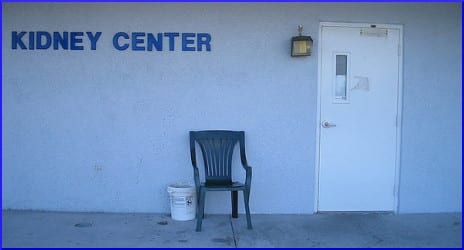The headline, “America rejoice! Being fat may actually make you healthier,” can brighten up one’s day, but the claim needs careful investigation. That particular headline appeared in the New York Post over Susannah Calahan’s review of cardiologist Carl J. Lavie’s book The Obesity Paradox. One of Lavie’s main arguments is that although one-fourth of obese adults have disordered metabolisms, so do approximately the same proportion of normal-weight women and men.
Metabolic abnormalities include insulin resistance, diabetes, abnormal blood levels of glucose or lipids, and high blood pressure. Knowing that lean folk share the same organic problems, some overweight people might get the notion that having a wacky metabolism is no big deal.
The Possible Exceptions
According to some researchers, there is a subgroup of obese people in whom no signs of disordered metabolism are present. That group is large: research suggests that about 75% of obese people do not suffer from any metabolic abnormality in conjunction with their overweight condition. That may be an unrealistically optimistic number: Lavie and his colleagues acknowledge that when it comes to the morbidly obese, all bets are off. The paradox applies only to less severe categories.
The title The Obesity Paradox is an homage to the phrase first spoken by Dr. Luis Gruberg more than a decade ago at the Cardiovascular Research Institute in Washington, D.C. He and others noticed a trend among overweight surgical patients whose arteries were unblocked by angioplasty: compared to normal-weight patients undergoing the same procedure, obese patients experienced fewer complications, and more of them survived to the one-year mark.
But That’s Not All
Way back in 1982, Prof. Patrice Degoulet found that obese dialysis patients had better survival odds than normal-weight ones. Other studies have produced equally counterintuitive results. That is the trouble with intuition. Sometime what seems deeply, naturally true is just confirmation bias. The majority of Americans hold a cultural assumption that thin is always better than fat. The received wisdom is that every large person should try to be smaller, for his or her own sake, and for the general improvement of humankind.
What emerges here is that weight loss, to use a hackneyed but strangely appropriate analogy, is not a “one-size-fits-all” panacea. For at least one category of patients, reducing appears to be hazardous: those who already have cardiovascular disease, especially if they are morbidly obese. Rodney Steadman, author of Active Aging: Hiking, Health, and Healing, notes:
…a couple of long-term studies suggest that weight loss increases mortality in overweight and obese individuals. Therefore, weight loss may be more of a detriment than a benefit in obese patients with CV diseases.
Yes, morbid obesity (BMI ≥40 kg/m2) is a major risk factor toward developing cardiovascular disease. But once that illness has taken hold, losing weight will not help, and will probably speed the patient’s demise.
Or maybe not. Under some circumstances, with some medical conditions, having a highish (but not too high) BMI might be advantageous to some patients, for reasons no one quite understands. But only if they are adults. For younger patients, the opposite applies, and a higher BMI translates to an increased mortality risk.
Your responses and feedback are welcome!
Source: “America rejoice! Being fat may actually make you healthier,” NYPost.com, 04/05/14
Source: “Absurd, but True?,” WordPress.com, 07/15/14
Image by Daniel Oines


 FAQs and Media Requests:
FAQs and Media Requests: 











